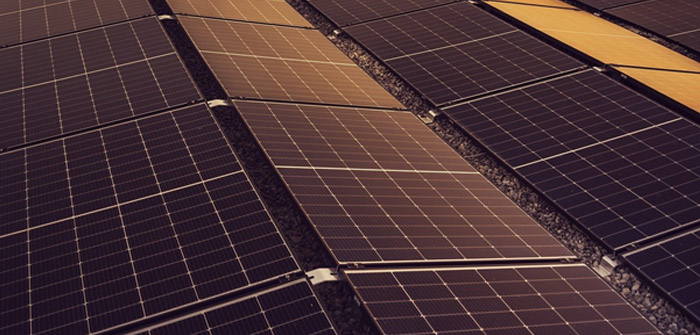In the ever-evolving landscape of renewable energy, solar power emerges as a beacon of hope for a sustainable future. However, the path towards widespread solar adoption is riddled with misconceptions that often cloud the judgment of potential adopters, particularly in the realm of commercial and residential applications. In this article, we aim to dispel some of the most persistent myths surrounding solar power.
Myth 1: Solar Power is Too Expensive
One of the most common misconceptions is that solar power is prohibitively expensive. While the initial investment in solar technology can be significant, the long-term savings on energy bills and the availability of various subsidies and tax incentives significantly offset the initial costs. For commercial properties, installing rooftop solar panels not only reduces operational expenses but also enhances the building’s value – over time, the energy produced by these systems can result in substantial financial savings.
Myth 2: Solar Panels Do Not Work on Cloudy Days
The belief that solar panels require direct sunlight to generate power is a misunderstanding of how solar technology works. While solar panels are most efficient under direct sunlight, they can still generate electricity on cloudy days, albeit at a reduced rate. Innovations in solar panel technology have significantly improved their efficiency, making solar energy a viable option in regions with varying weather conditions.
Myth 3: Solar Panels Require High Maintenance
Another myth is that solar panels are high-maintenance – in reality, solar panels are incredibly durable and require minimal maintenance. Most systems only need occasional cleaning to remove debris and ensure maximum efficiency. With no moving parts, the risk of wear and tear is significantly lower compared to other energy systems, making solar panels a hassle-free option for energy production.
Myth 4: Solar Energy is Not Efficient Enough
Critics often claim that solar energy is not efficient enough to meet our energy needs. However, advances in solar technology have consistently improved the efficiency of solar panels. Furthermore, the efficiency of solar energy should not solely be measured by the conversion rate of sunlight to electricity. The ability to generate clean, renewable energy without the emission of greenhouse gases or other pollutants is an invaluable aspect of solar power’s efficiency.
Myth 5: Solar Panels Take Up Too Much Space
For commercial applications, the concern about space can deter businesses from considering solar panels. However, the advent of commercial rooftop solar systems has provided a solution that utilises existing space effectively. Rooftop installations not only capitalise on unused space but also reduce the building’s heat intake, providing additional energy savings through decreased cooling needs.
Make the switch to solar
The road to a sustainable energy future is paved with innovation and informed decisions – debunking the myths surrounding solar power is a crucial step in recognising its potential as a viable and efficient source of renewable energy. For businesses considering a shift towards a greener future, exploring the benefits of commercial rooftop solar installations offers a promising avenue for sustainable growth and environmental stewardship.
As we continue to embrace renewable energy technologies, it’s essential to base our decisions on facts and evidence rather than misconceptions. Solar power, with its remarkable advancements and undeniable benefits, stands out as a key player in the global transition towards a more sustainable and energy-efficient world.





